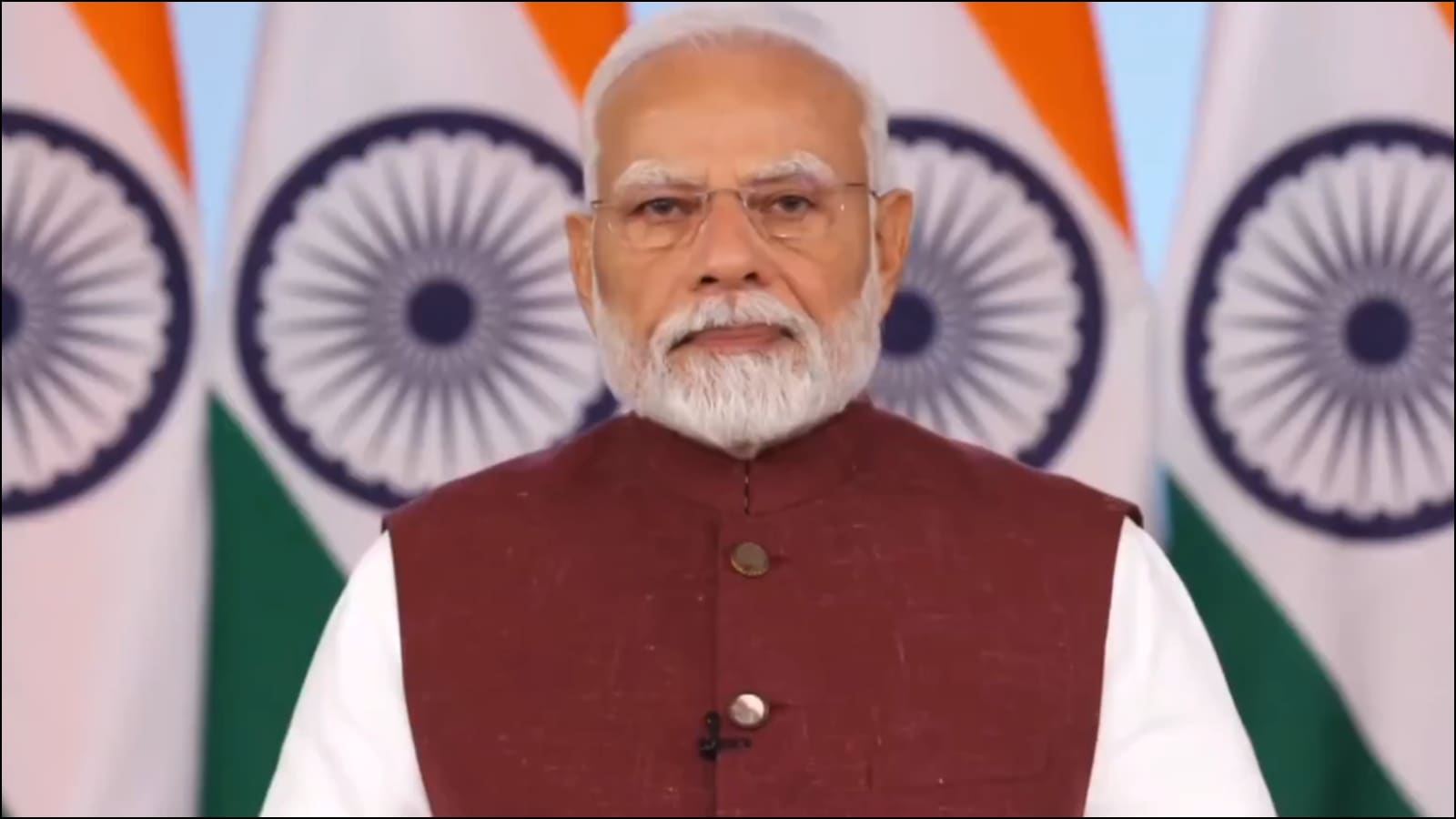Israel’s security cabinet has approved the Gaza ceasefire agreement that involves the exchange of dozens of hostages held by Hamas for Palestinian prisoners in Israeli jails and a temporary pause in the 15-month-long conflict. The much-awaited decision came after Israeli PM Benjamin Netanyahu convened his security cabinet to vote on the long-pending ceasefire deal with Gaza on Friday.
The ceasefire agreement is seen as a significant step towards de-escalating tensions in the region and bringing an end to the cycle of violence that has plagued Gaza and Israel for over a year. The exchange of hostages and prisoners is expected to take place in the coming days under the supervision of international mediators.
Both Israel and Hamas have expressed cautious optimism about the ceasefire agreement, with hopes that it will pave the way for a more lasting peace in the region. The agreement also includes provisions for humanitarian aid to be delivered to the people of Gaza, who have been suffering from a severe shortage of food, medicine, and other essential supplies.
While the ceasefire agreement has been welcomed by many as a positive development, some critics have raised concerns about the long-term sustainability of the deal and the potential for a return to violence in the future. However, both sides have indicated their commitment to upholding the terms of the agreement and working towards a peaceful resolution of the conflict.
Overall, the approval of the Gaza ceasefire agreement by Israel’s security cabinet marks a significant milestone in efforts to bring an end to the hostilities between Israel and Gaza. The coming days and weeks will be crucial in determining whether the ceasefire holds and whether it can pave the way for a more comprehensive peace agreement in the future.





